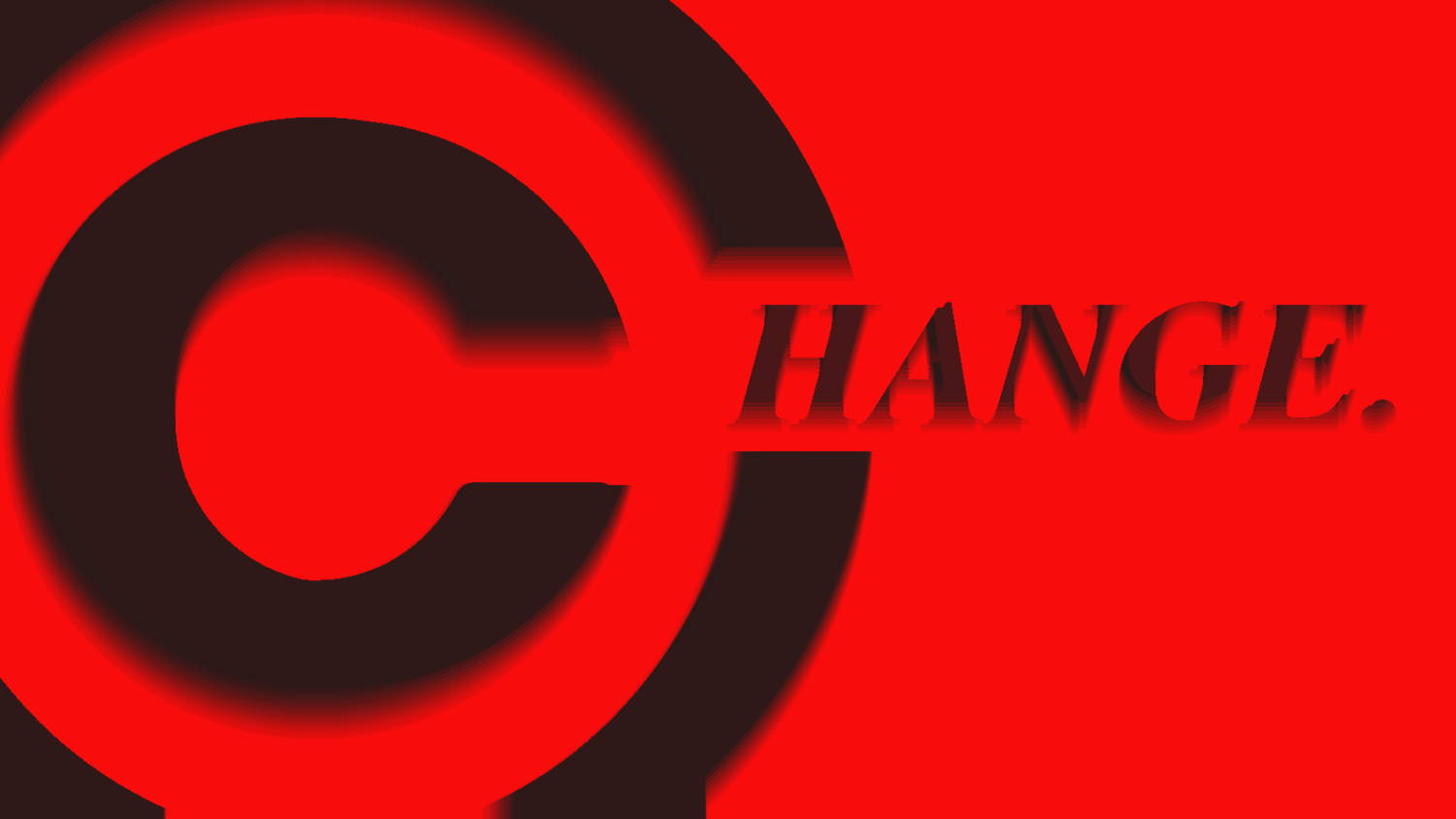Your donation will support the student journalists of Brunswick High School. Your contribution will allow us to purchase equipment. We're a small program with little resources. Our goal is to purchase some updated, and much needed, cameras for the program.
Why Copyright Needs To Change
How Copyright Fails A Digital Age
March 31, 2023
In the current digital age, the internet has become an integral part of our daily lives and work. A platform called Student News Online (SNO) has provided high school journalists in the United States, and world, with a unique opportunity to showcase their work by publishing stories, photographs, and videos. This platform has been a powerful tool for young writers and has had a positive impact on their community.
However, recent copyright claims against SNO have raised questions about the platform’s intentions and the current state of copyright law. The tactics employed by copyright holders have been brought to light, exposing the inadequacy of our outdated and restrictive copyright laws in a world that values the free flow of information.
This situation highlights the need for a reevaluation of copyright laws to promote the sharing of information while still protecting the rights of creators. It also emphasizes the importance of platforms like SNO in providing a platform for aspiring writers to showcase their talents and gain exposure. The issue of copyright law in the digital age is an ongoing debate, and it is crucial to find a balance between protecting creators’ rights and promoting the sharing of information for the greater good.
The copyright system is designed to protect the intellectual property of creators, enabling them to profit from their art without fear of being overshadowed by competitors. However, after a certain period, these works become free to use and reinterpret, incentivizing them to continue creating after their work is completed, while preventing larger entities from profiting from their work and taking credit for it in the beginning. In essence, the copyright system should benefit people over corporations. Unfortunately, since 1990, corporations such as Disney have been lobbying Congress to extend the expiration date, resulting in the opposite outcome.
Currently, the expiration date is 70 years plus the life of the author. This means that some songs from the 1930s are still off-limits to the public. This creates a situation where artists are more restricted than ever, as a significant portion of artists’ work involves warping and reinterpreting others’ works to create something new and original.
The internet has fostered a digital culture of free sharing of other works to create new things, which is technically protected by the Digital Millennium Copyright Act. However, due to the power of corporations and the neglect of copyright law, this protection is frequently disregarded. This gives corporations the ability to claim even the smallest uses of their work, even when the usage creates a different contextual frame for the work used.
On YouTube, film and music critics frequently receive copyright claims and restrictions on their earnings simply because they use the copyright holder’s work, despite the fact that the use of the work exists as a necessary context for criticism, which is also protected by the DMCA Safe Harbor. This is a prime example of copyright holders targeting small entities for the sake of profit, regardless of how insignificant the amount may be. Even if someone wanted to take a claim to court, they would face significant legal expenses, making it impractical to do so. While SNO is an example of copyright holders’ disregard for intent, it is only a minor symptom of a larger epidemic that plagues the system.
Copyright laws exist to protect the rights of creators and copyright holders, but there has been much debate in recent years about how to make these laws better for both parties. One possible solution is to strengthen the concept of fair use. Fair use allows for limited use of copyrighted works so long as it’s seen as an artistic reinterpretation, and making it clearer and more concise would give creators more freedom to use copyrighted material without fear of legal repercussions.
Another solution would be to shorten copyright terms. As stated previously, copyright lasts for 70 years plus the life of the creator, to which some argue that this law stifles the flow of ideas by giving too much control to a small number of entities. Shortening the term of copyright protection would encourage the sharing of creative works and prevent monopolies on creative ideas.
Finally, simplifying and modernizing licensing processes could make it easier for creators to obtain permissions for using copyrighted works. This would make it easier for smaller creators to access materials they need to create new works, while also protecting the rights of copyright holders. By streamlining the licensing process, creators would be able to focus on the creative process, rather than the legal process of obtaining permissions.
In summary, making copyright laws better for both creators and copyright holders requires a delicate balance. By strengthening fair use, shortening copyright terms, and simplifying the licensing process, we can create a more equitable system that protects the rights of creators while encouraging the free flow of ideas.
